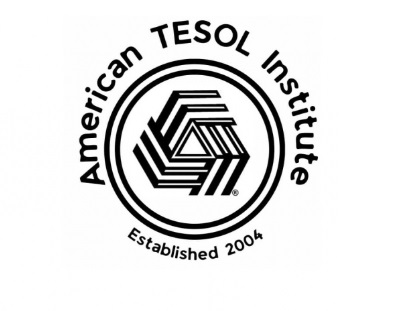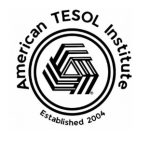In Teaching English to Speakers of Other Languages (TESOL), particularly in a business context, proficiency in basic language skills is paramount for effective communication and professional success. These fundamental skills—listening, speaking, reading, and writing—serve as the building blocks of language acquisition and are essential for navigating various business scenarios. Let’s explore the importance of each skill and strategies to help learners develop them.
1. Listening Skills: Listening comprehension is vital in business environments where communication often occurs through meetings, presentations, negotiations, and conference calls. L2 Business English learners must be able to understand spoken English with accuracy and speed. Poor listening skills can lead to misunderstandings, missed opportunities, and decreased productivity.
2. Speaking Skills: Proficient speaking skills enable learners to express ideas, opinions, and information clearly and confidently in professional settings. In business, effective verbal communication is crucial for participating in meetings, delivering presentations, networking, and engaging in negotiations. Developing speaking skills empowers learners to articulate their thoughts, convey messages persuasively, and build rapport with colleagues and clients.
3. Reading Skills: Strong reading skills are essential for comprehending written materials such as emails, reports, memos, contracts, and industry-specific documents. In the business world, individuals must be able to quickly extract relevant information, analyze complex texts, and interpret data accurately. Proficient reading skills facilitate decision-making, problem-solving, and staying informed about industry trends and developments.
4. Writing Skills: Clear and effective writing skills are indispensable for producing professional documents such as emails, reports, proposals, and business correspondence. In TESOL Business, learners need to convey information accurately, concisely, and persuasively through written communication. Proficient writing skills demonstrate professionalism, attention to detail, and the ability to communicate complex ideas effectively.
Strategies for Developing Basic Language Skills:
- Authentic Materials: Incorporating authentic materials such as business articles, reports, presentations, and podcasts exposes learners to real-world language use and fosters skill development through exposure to authentic language contexts.
- Interactive Activities: Engaging learners in interactive activities such as role-plays, discussions, debates, and simulations provides opportunities for practicing and refining language skills in realistic business scenarios.
- Language Practice in Context: Integrating language practice within specific business contexts, such as customer service interactions, sales pitches, or project management discussions, helps learners apply language skills in relevant professional settings.
Challenges Faced by L2 Business English Learners in Developing Listening Skills:
L2 Business English learners may encounter several challenges when developing listening skills, including:
- Speed and Complexity: Business conversations and presentations often involve rapid speech, technical terminology, and complex ideas, making it challenging for learners to keep pace and comprehend the content accurately.
- Accents and Dialects: Exposure to diverse accents and regional variations in English can pose difficulties for learners in understanding spoken language, especially in multinational business environments where colleagues and clients come from different linguistic backgrounds.
- Nonverbal Cues: Understanding nonverbal cues such as tone of voice, intonation, facial expressions, and body language is crucial for interpreting meaning in spoken communication. L2 learners may struggle to interpret these cues accurately, leading to misunderstandings or misinterpretations.
Role of Modern Technologies in Language Skills Development:
Modern technologies offer numerous tools and resources to support language skills development in the business environment:
- Online Language Learning Platforms: Interactive online platforms and mobile apps provide learners with access to self-paced lessons, language exercises, multimedia content, and virtual communication tools for practicing listening, speaking, reading, and writing skills.
- Virtual Communication Tools: Video conferencing, webinars, and virtual classrooms enable learners to engage in real-time communication, collaboration, and language practice with instructors and peers from anywhere in the world, simulating authentic business interactions.
- Language Learning Software: Advanced language learning software utilizes artificial intelligence, speech recognition, and personalized learning algorithms to tailor instruction, provide feedback, and track progress in developing language skills, offering learners customized learning experiences tailored to their needs and proficiency levels.
In conclusion, mastering basic language skills is indispensable for success in TESOL Business. By focusing on listening, speaking, reading, and writing skills and implementing effective teaching strategies, educators can empower learners to communicate confidently and effectively in diverse business contexts. Moreover, leveraging modern technologies can enhance language learning opportunities and provide learners with the tools and resources they need to thrive in the competitive global business environment.


